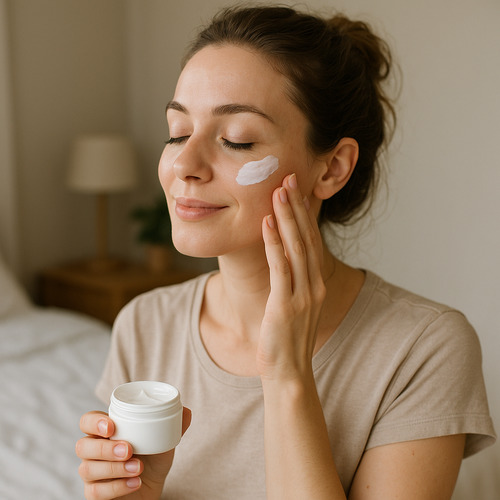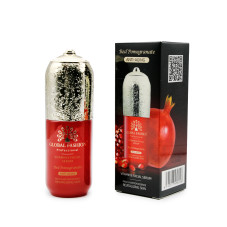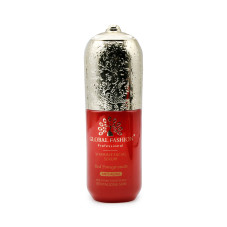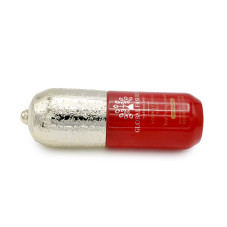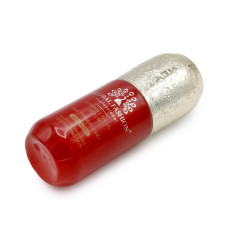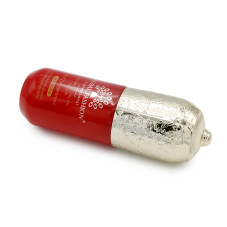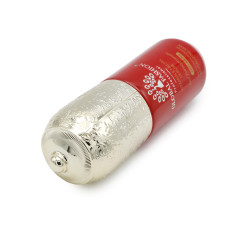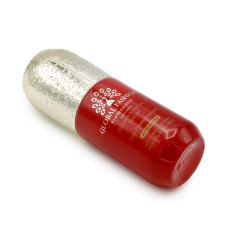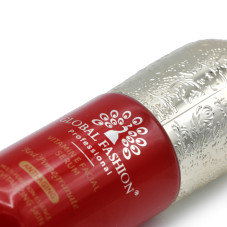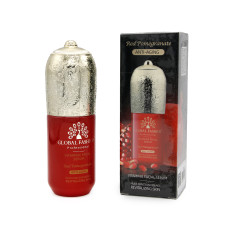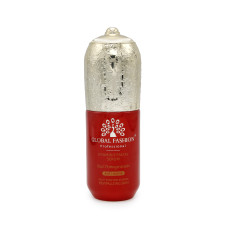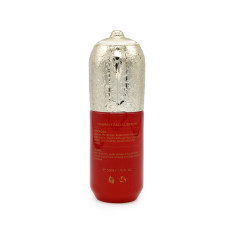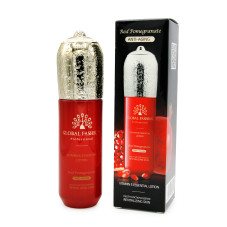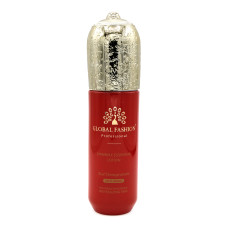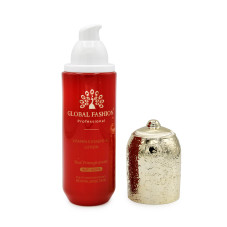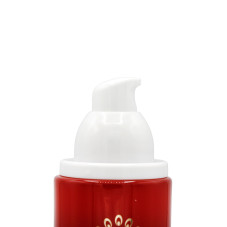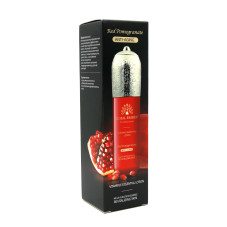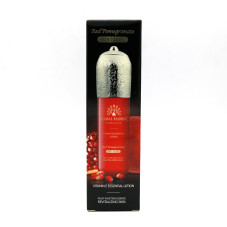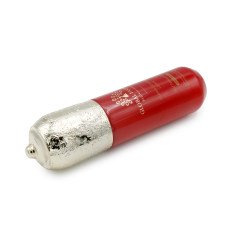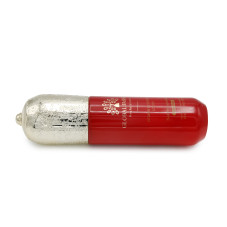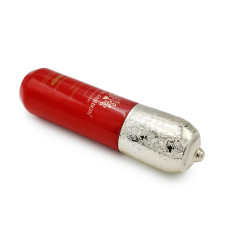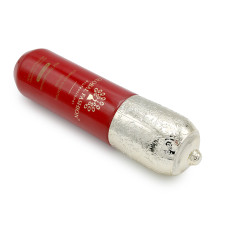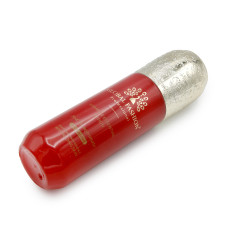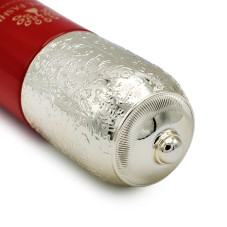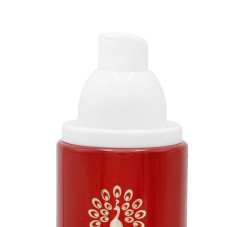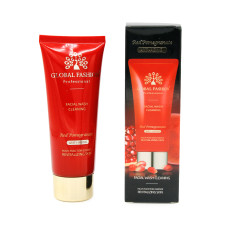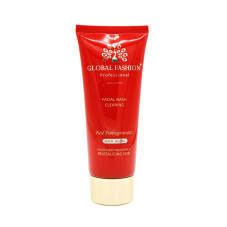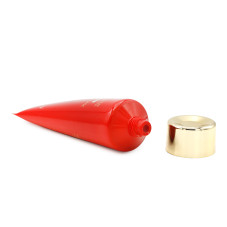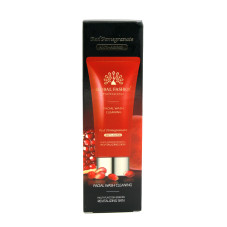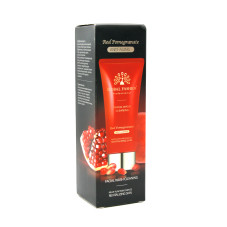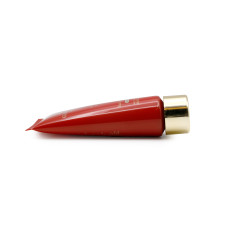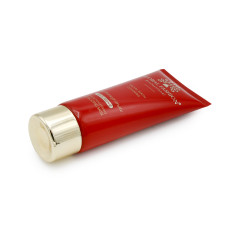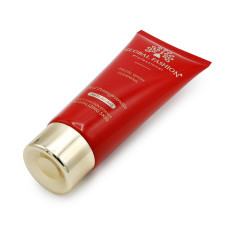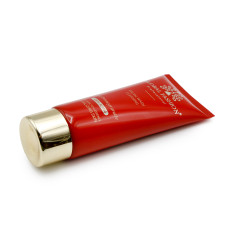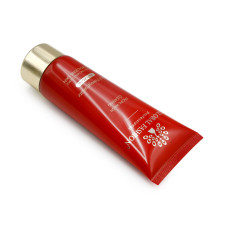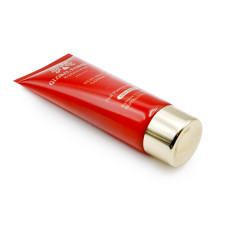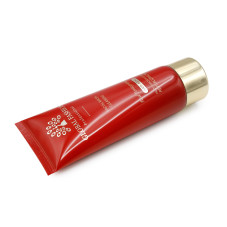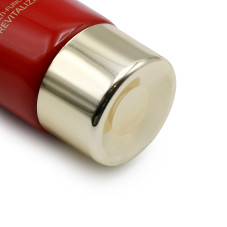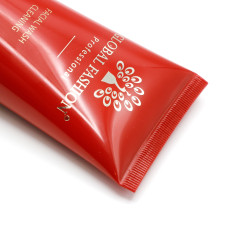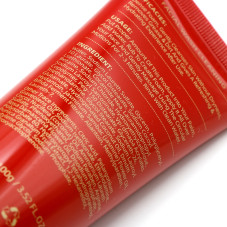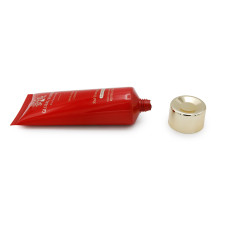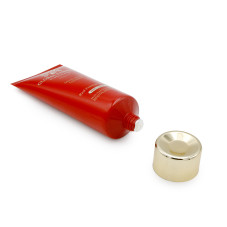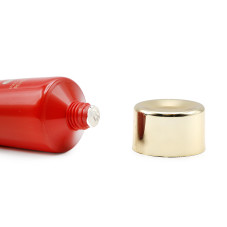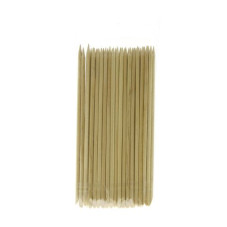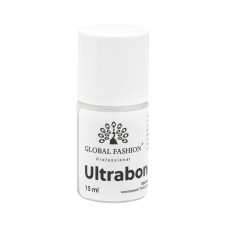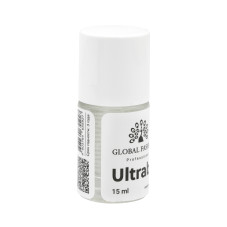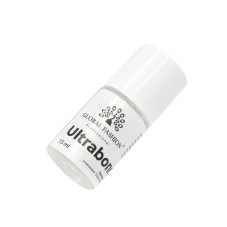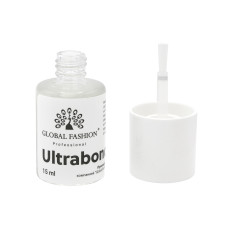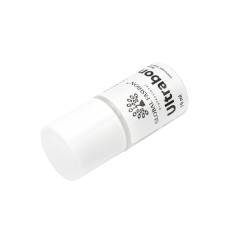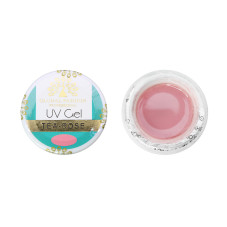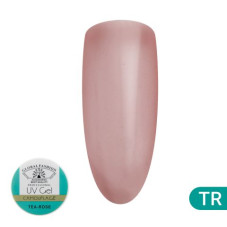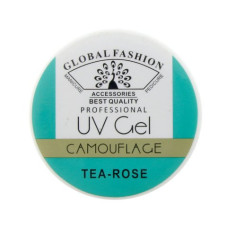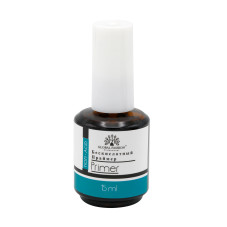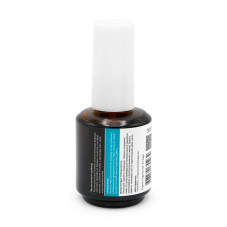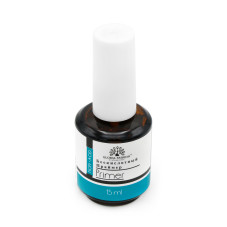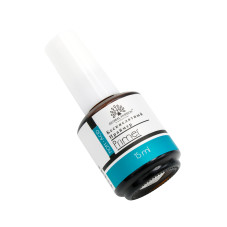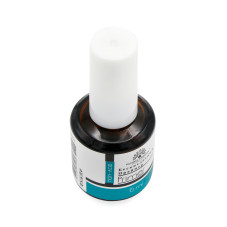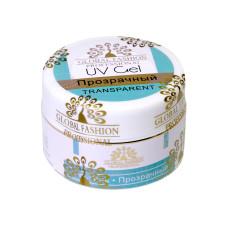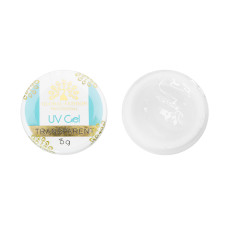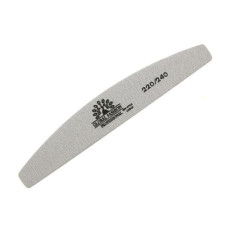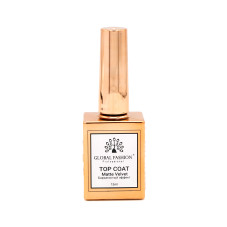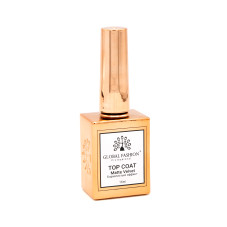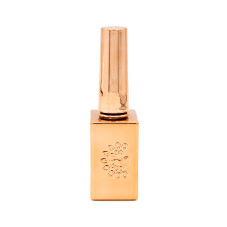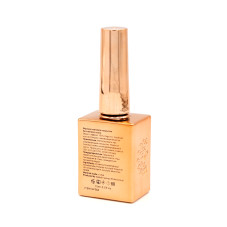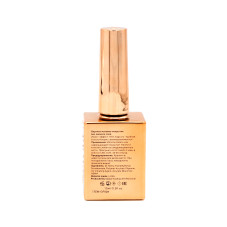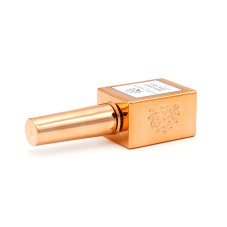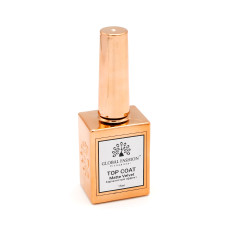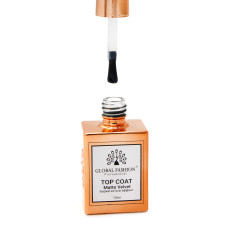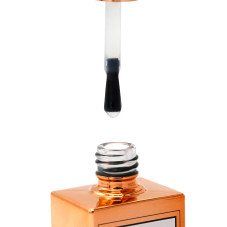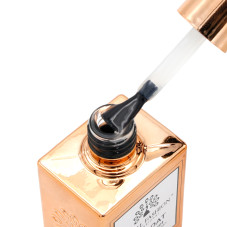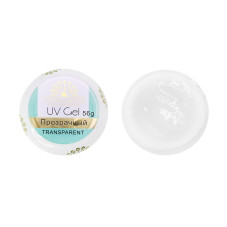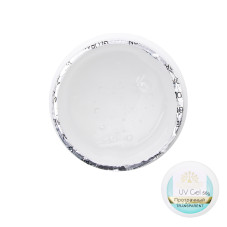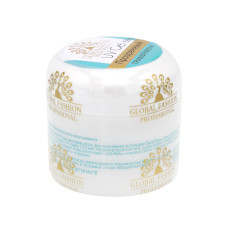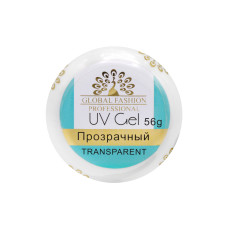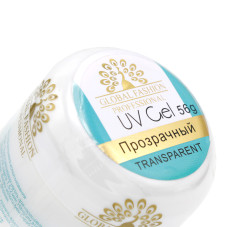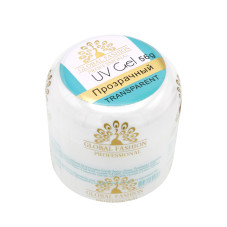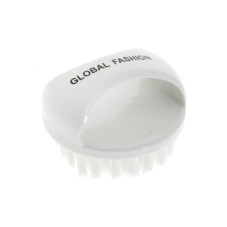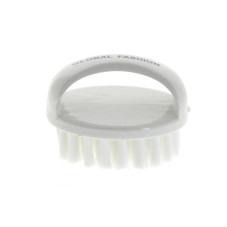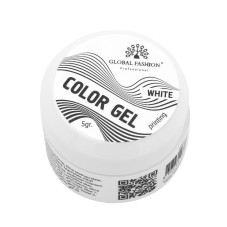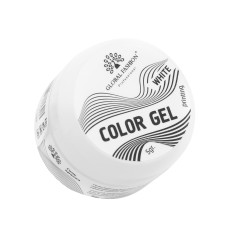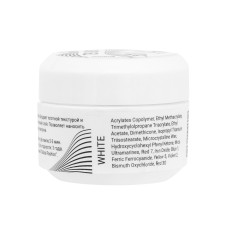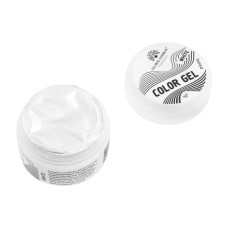Why Has My Facial Skin Become Oily? 6 Main Causes and Effective Skincare Tips According to Dermatologists

Just like fine hair or hooded eyelids, skin type is largely determined by genetics. However, there are times when you suddenly notice your face becoming noticeably oilier—or your already oily skin starts to shine even more.
If you’re dealing with excess shine and wondering why your skin has become like this and how to manage it, you’re not alone. This article is based on insights from dermatologists, who explain what can cause increased skin oiliness and share six of the most common reasons, along with proven skincare tips to help restore your skin’s freshness, clarity, and natural balance.
1. Genetics
Oily skin is largely influenced by genetics: if one of your parents has oily skin, there’s a good chance you might have the same trait.
Unfortunately, genetic predisposition to oily skin is the hardest to change—your skin type itself cannot be altered. The good news is that with the right skincare routine, you can effectively manage excess shine.
Dermatologists recommend establishing a balanced routine aimed at normalizing sebum production. To keep your skin looking fresh throughout the day, use mattifying wipes or blotting papers—they remove excess oil without overdrying your skin or disrupting its balance.
Dermatologists recommend establishing a balanced routine aimed at normalizing sebum production. To keep your skin looking fresh throughout the day, use mattifying wipes or blotting papers—they remove excess oil without overdrying your skin or disrupting its balance.
2. Environment
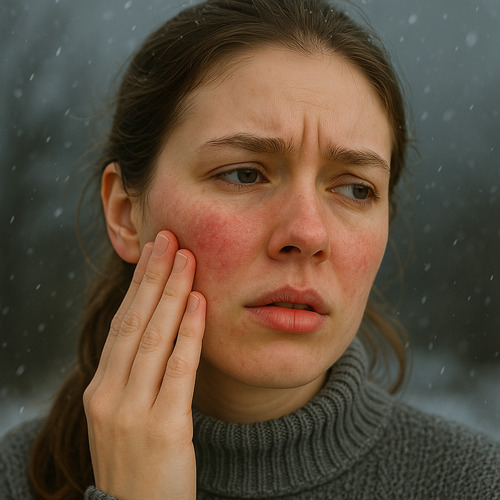
The place where we live can significantly affect the condition of our skin. For example, a warm and humid climate increases the risk of oily skin, as hot and humid weather stimulates the active production of sebum. To minimize this effect, try to limit the time spent outdoors on such days and use products that absorb excess oil. While we cannot change the climate, it is important to protect the skin from its direct impact: try to stay in cool, dry indoor environments when it is hot and humid outside.
3. Overactive Sebaceous Glands
You’ve probably already heard about sebaceous glands and their key role in producing sebum. These glands produce natural oil that moisturizes and protects the skin. However, when the sebaceous glands are overactive, the skin becomes oily and prone to shine.
Like the genetic predisposition to oily skin, this process cannot be completely stopped for life. Nevertheless, there are effective ways to control sebum production. Topical retinoid treatments are considered the “gold standard” for regulating oily skin and preventing acne, which often accompanies overactive sebaceous glands.
To reduce shine, experts recommend cleansing with oil-free products and using alcohol-free toners containing witch hazel—a natural astringent that helps decrease oiliness. Additionally, excessively active sebaceous glands can be calmed with micro-Botox (micro-neurotoxin) injections applied near the surface of the skin. This procedure reduces sebum secretion, leaving the skin more matte and balanced.
4. Skincare Routine
If you have oily skin, it’s natural to want to reach for strong, drying products. However, this approach is not always effective. Aggressive products that strip the skin of essential oils can actually trigger the sebaceous glands to produce even more oil, making your skin even greasier.
To avoid this, it’s important not to over-dry your skin and to steer clear of heavy products or cosmetics that block its “breathing.” The sebaceous glands “think” the skin is dry and start compensating by producing more sebum. Improper cleansing or using thick, comedogenic products can also increase oiliness.
So, what should you do instead? Experts recommend using gentle, non-comedogenic products specifically designed for oily skin. It’s best to cleanse your face no more than twice a day, using mild products without harsh scrubbing. The ideal option is a lightweight cleanser that effectively removes excess oil, impurities, and makeup without stripping the skin of its necessary oils. To control shine throughout the day, you can also use mattifying blotting papers.
5. Hormones
When hormones are out of balance or affected by life changes, it inevitably reflects on the skin’s condition. Hormonal fluctuations during puberty, menstruation, pregnancy, or menopause can increase sebum production. Experts recommend consulting a doctor if you suspect that hormonal changes are the cause of increased skin oiliness.
If you notice that hormonal fluctuations are triggering excess oiliness, discuss with a dermatologist or gynecologist the possibility of adjusting your hormonal balance, for example, through certain contraceptives.
During pregnancy, increased skin oiliness usually resolves on its own after childbirth, so in some cases, it’s enough to simply wait until this period ends.
Additionally, stress can also affect the skin: it stimulates the production of cortisol—a hormone that can increase sebum production. In such situations, relaxation techniques like meditation, breathing exercises, or light physical activity can be helpful.
6. Diet

Although this can be frustrating, experts note that diet can indeed influence skin oiliness. Foods high in fat, fried foods, as well as refined carbohydrates and sugar, may increase sebum production in some people.
Maintaining a healthy, balanced diet with minimal fried and fatty foods not only helps improve the condition of your skin but also supports overall health. While there is still debate among specialists about the direct link between specific foods and skin oiliness, following an anti-inflammatory diet whenever possible is beneficial.
⸻
Oily skin can develop for various reasons: hormonal changes, genetics, environmental factors, and sometimes dietary changes that increase oiliness. Regardless of the cause, there are effective ways to manage it. It’s important not to overdo skincare, as over-drying the skin can trigger even more oil production as a compensatory response.
At the same time, oily skin has its advantages: it usually ages more slowly and is less prone to wrinkles compared to dry skin. Therefore, it’s worth taking care of it carefully, preserving its natural protection and the benefits it provides.
3 bought
ID: 23832
112 MDL
-14%
2 bought
ID: 23834
138 MDL
-14%
At Global Fashion, you’ll find skincare products for every skin type. Our cosmetics combine high quality with safety. Click here to find the perfect products for your skin!
Published: 09.10.2025 18:57
Times Read: 1472
2604 bought
ID: 3650
69 MDL
-14%
725 bought
ID: 1832
69 MDL
-14%
1217 bought
ID: 2003
69 MDL
-14%
1326 bought
ID: 3658
112 MDL
-14%
